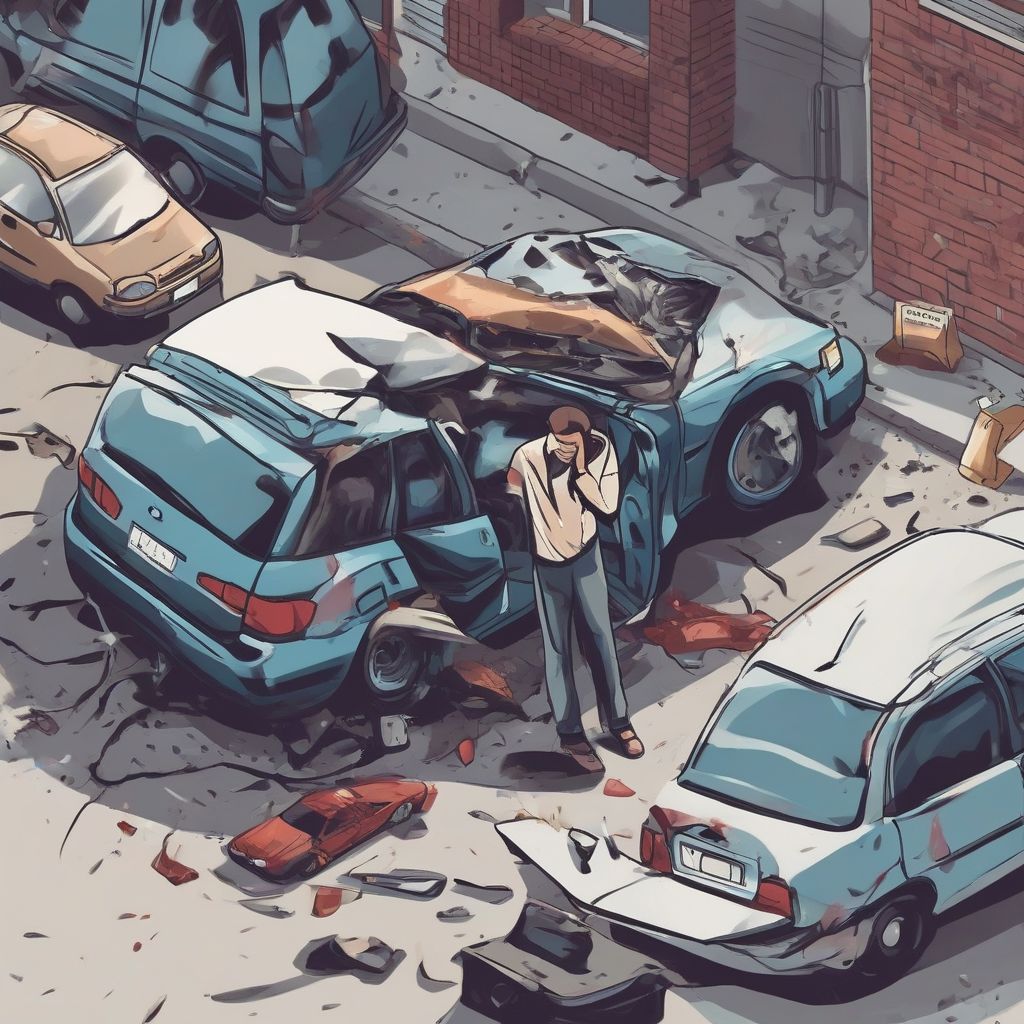Experiencing a car crash is stressful enough, and dealing with the subsequent insurance claim can add another layer of complexity. This guide is designed to equip you with the knowledge you need to navigate the vikiviral.com/car-crash-insurance-claim/">Car Crash Insurance Claim process effectively and ensure you receive fair compensation.
Understanding Car Crash Insurance Claims
A car crash insurance claim is a formal request you make to your insurance company for coverage after an accident. This coverage can help pay for vehicle repairs, medical bills, and other related expenses. The claim process involves providing details of the accident, gathering supporting documentation, and negotiating with the insurance adjusters.
Why Understanding the Claim Process Matters
A thorough understanding of the car crash insurance claim process is crucial for several reasons:
- Protecting Your Rights: It empowers you to protect your rights throughout the process and avoid potential pitfalls.
- Maximizing Compensation: Understanding the process helps ensure you receive the maximum compensation you’re entitled to for your damages.
- Reducing Stress: Navigating the claim process can be overwhelming, but being informed can significantly reduce stress and uncertainty.
Common Questions About Car Crash Insurance Claims
Let’s delve into some frequently asked questions about car crash insurance claims:
1. What should I do immediately after a car accident?
- Ensure Safety: Check for injuries and move to a safe location.
- Contact Authorities: Report the accident to the police.
- Gather Information: Exchange information with other parties involved.
- Document the Scene: Take photos and videos of the accident scene, vehicle damage, and injuries.
- Notify Your Insurance Company: Report the accident to your insurer as soon as possible.
2. What factors determine fault in a car accident?
Determining fault involves considering various factors, such as:
- Traffic laws violated
- Witness statements
- Police reports
- Evidence from the accident scene
3. What does car insurance cover after an accident?
Coverage varies depending on your specific policy, but common coverages include:
- Liability Coverage: Covers damages you cause to others if you’re at fault.
- Collision Coverage: Covers damage to your vehicle regardless of fault.
- Comprehensive Coverage: Covers damage to your vehicle from non-collision events (e.g., theft, vandalism).
- Medical Payments Coverage: Covers medical expenses for you and your passengers, regardless of fault.
4. What if the other driver doesn’t have insurance?
If you have uninsured or underinsured motorist coverage, it can help protect you in cases where the at-fault driver lacks sufficient insurance.
5. How can I ensure I receive a fair settlement?
- Document Everything: Keep detailed records of all communication, medical bills, repair estimates, and other relevant documents.
- Negotiate Strategically: Don’t accept the first offer without careful consideration.
- Seek Expert Advice: Consider consulting with a personal injury attorney specializing in car accidents if you have difficulty navigating the process or believe you’re not receiving a fair settlement.
The Importance of Seeking Expert Guidance
Navigating the intricacies of car crash insurance claims can be challenging. Remember, you don’t have to go through this alone. Seeking guidance from experienced professionals, such as insurance agents or attorneys specializing in car accidents, can provide invaluable support and help you protect your rights throughout the process.
Conclusion
Understanding your rights and responsibilities in a car crash insurance claim is essential. By staying informed, documenting diligently, and seeking professional help when needed, you can navigate this process more confidently and work towards receiving the compensation you deserve.


